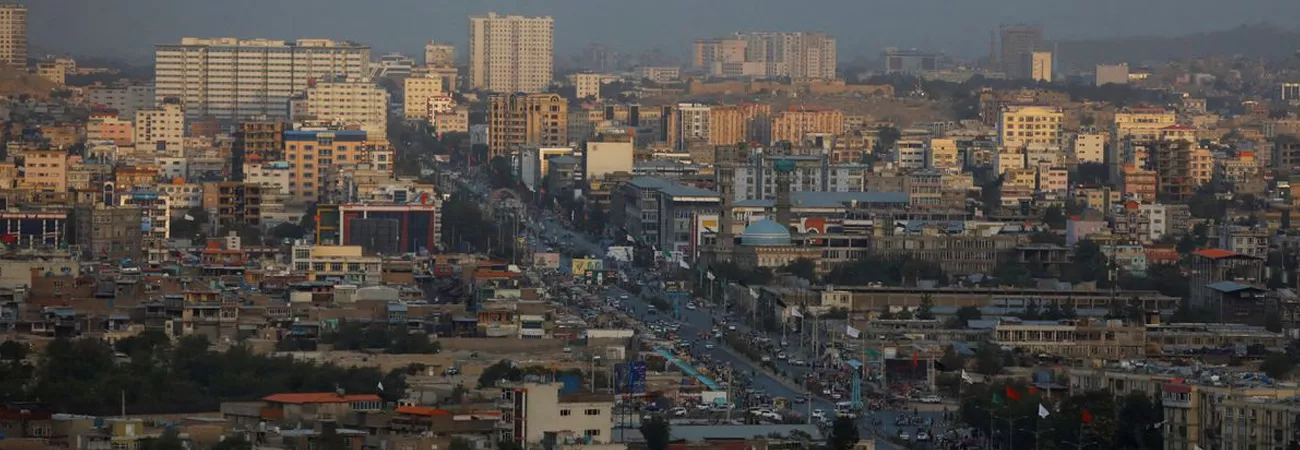i NEWS INTERNATIONAL
The Taliban administration will encourage “self-sufficiency” and wants international trade and investment, the acting Commerce Minister Haji Nooruddin Azizi said, as Afghanistan faces isolation and suspension of some humanitarian operations over restrictions on women. “We will start a national self-sufficiency programme, we will encourage all government administrations to use domestic products, we will also try to encourage people through mosques to support our domestic products,” he told. “We will support any item which can help us for self-sufficiency.”
Another part of their strategy was to boost trade and foreign investment, he said. “Those who were importing items to Afghanistan from abroad, they are asking us to provide opportunities for investing in Afghanistan and they want to invest here instead of importing from abroad,” he said. He said that countries including Iran, Russia and China were interested in trade and investment. He added some of the projects under discussion were Chinese industrial parks and thermal power plants, with involvement from Russia and Iran.
Already facing a lack of formal recognition and sanctions hampering the country’s banking sector, investors are faced with growing security concerns after attacks on foreign targets in Kabul — claimed by the militant Islamic State group. An attack on a hotel catering to Chinese businessmen last month, which badly hurt several foreigners, could prompt some to re-think investing, a leading member of the Chinese business community has said.
“We do our best for our businessmen to not come to harm. The attack hasn’t had any bad impact, [but] if it happened constantly, yes it might have [a] bad impact,” he said, referring to the investment environment. Azizi laid out a plan to develop the industry by creating special economic zones on land previously used for US military bases. He said his ministry was presenting the plan to the administration’s cabinet and economic commission. He added that foreign investors were showing interest in Afghanistan’s mining sector, which has been valued at more than $1 trillion.
Credit : Independent News Pakistan-INP









